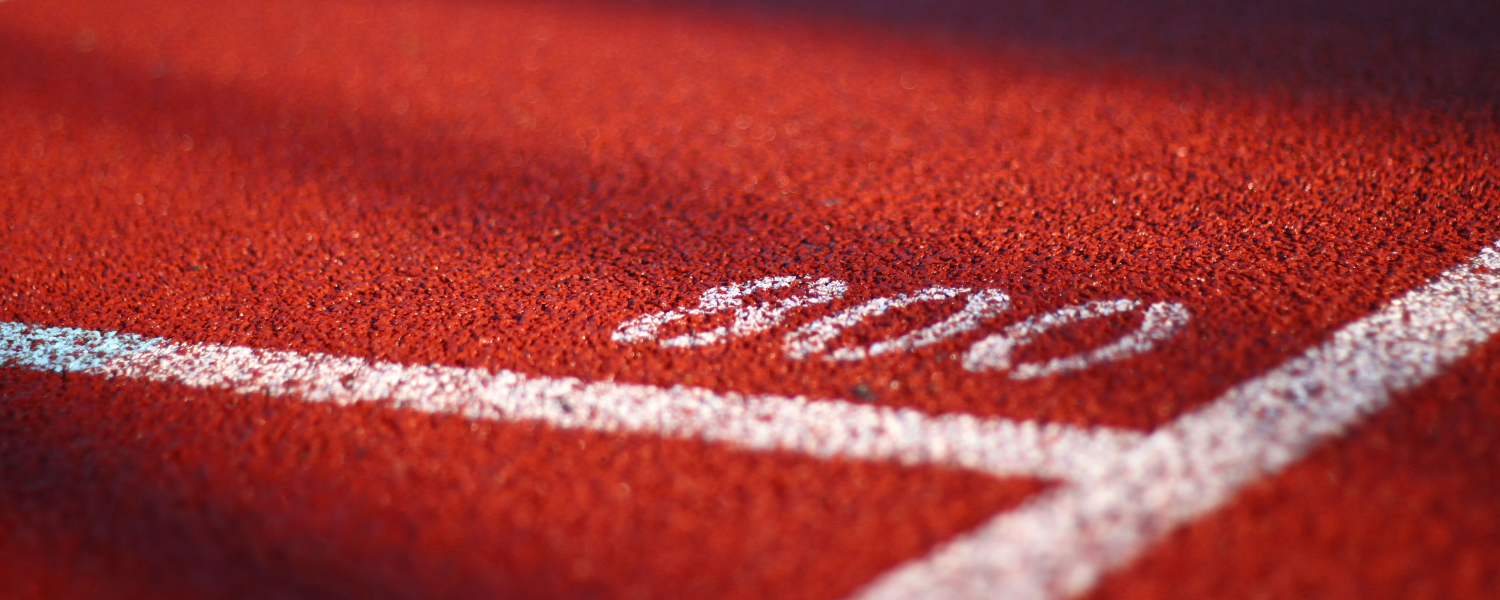Reflecting on the 2021 Olympics, one of the things that has stayed with me most is the impact obsessing over results has on people. This kind of intense competitive focus (which seems far more present in American athletes) inevitably leads to problems, both mentally and physically.
Here we had the Jamaicans (coming from a population of nearly three million) still dominating in sprinting, despite America with its 328 million population. Sweeping the women’s 100-meter category – the most accessible and thus arguably most competitive sporting event on the planet!
Then we had the Simon Biles story which frankly (at the risk of being insensitive), I did find a bit disturbing on certain levels. Sure, we have high awareness of the mental strain placed on elite athletes (just check out the Weight of Gold documentary!). But I don’t accept Biles getting the spins in Tokyo when she has practiced five hours a day for 20 years – it just doesn’t make sense. I contend her entire world, including coaches and support system, are creating this over-pressurized, results-obsessed environment that leads to vulnerable athletes frying out mentally at the Olympic Games. Another major factor is likely overtraining.
Speaking of the beloved 800-meter: Sorry Mike Tirico, it was not Clayton Murphy “getting caught in traffic” but rather very likely overtraining that had him off. Ditto with Brazier at the trials. Unfortunately, American athletes love to overtrain, since everything is of such magnified importance. Or, should they actually win gold, it’s been apparent that these athletes can have trouble integrating into real life (just look at Michael Phelps, or all the major sports athletes crashing cars and slapping their girlfriends during their spare time).
In stark contrast, we have Elaine Thompson’s fantastic interview after winning the 100-meter where she says, “I heard them say I’m mental, that I can’t win a medal…but here we are five years later [with a bunch of gold medals]….I’m a tough cookie.” She is for sure a tough cookie, in every important way.
Achieving record-breaking excellence and winning, no matter the cost, was an underlying (and often overt) theme in the media coverage for the games – from NBC’s “medal count” to the excessive dramatizing of Allyson Felix’s baby, to all the families watching back home and the excess obsession with winning gold, gold, gold…Just look at McLaughlin and Muhammad getting asked 10 times if it helps them to push each other faster! This pervasive and damaging perspective is deeply embedded in American culture, and unfortunately, the consequences of obsessing over results are real: as I explain in the episode The Truth About Overtraining and The Stress Response, having to deal with constant overstimulation of your flight or fight response really wears down your body – even your digestive system can seriously take a hit!
This also brings me back to a show I did back in 2019 about how America consistently ranks near the bottom on lists detailing the world’s happiest and healthiest countries. If the Olympics (and Olympians from all around the world) can teach us anything, it’s the importance of not only striking a balance between rest and recovery but most importantly, letting go of your attachment to the outcome (a hard lesson I had to learn as a young athlete too!).
Consider the good example of Australian sporting culture, where they compete hard, but then go off to enjoy a beer afterward, and don’t get too caught up in the outcome. I think these Jamaican athletes have a similar magic, best revealed by Usain Bolt’s well-balanced approach to his sporting career (there’s not too much overtraining on Usain’s resume!).
Even if you’re not in pursuit of an elite athletic career, there’s still so much to learn from this year’s Olympics. It might take some getting used to for those of us who grew up in and around this results-obsessed, USA-style glitz and glamour approach to sports, but it sure beats the alternative of risking burnout or a serious injury. Whether you’re an athlete or just someone who is committed to living the healthiest life possible, the Olympics this year made it clear that one of the most effective things anyone can do for their health and athletic performance is to simply adopt a more balanced approach, and shift their focus further away from the result.









